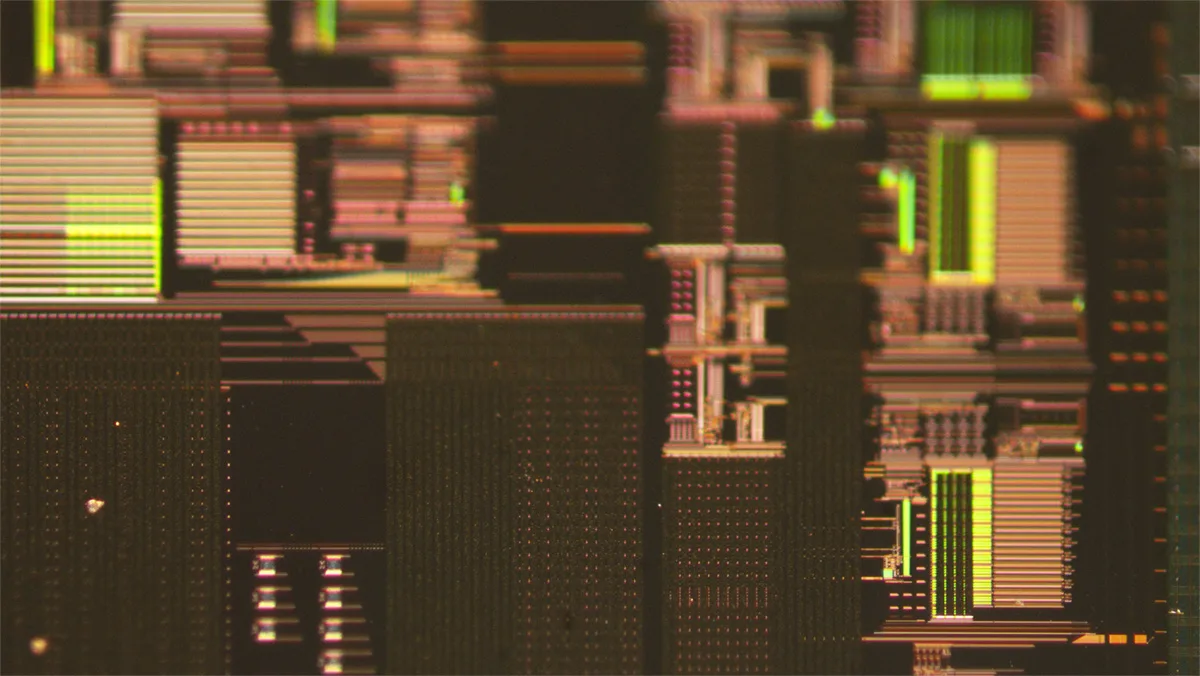
Source: Glaucus.
Overview
Glaucus is developing a microchip-based test to diagnose sexually transmitted and urinary tract infections in minutes at home.
NanoBioChip™ May Help Reduce STI Spread
Sexually transmitted infections (STIs) have increased alarmingly in recent years, particularly gonorrhea, chlamydia and syphilis, due to changes in sexual behavior in the population. Left undiagnosed, STIs can raise the risk of infertility and other complications in women. The availability of an affordable at-home test to diagnose a range of STIs could help enable earlier treatment and potentially halt an infection before it spreads to others, preventing transmission.
The team behind such a test is tech startup Glaucus, a Brooklyn-based company developing NanoBioChip™, an innovative semiconductor microchip that could detect up to 50 pathogens that cause STIs and urinary tract infections (UTIs) within minutes, and at a low cost.
The NanoBioChip program is a combined effort between Glaucus and New York University.
"STIs like chlamydia do not always cause major symptoms. Once symptoms arise, reproductive organ damage may have already occurred, which can cause infertility," explained Glaucus co-founder Elisa Riedo, PhD, Herman F. Mark Chair Professor of Chemical & Biomolecular Engineering and Physics at NYU–Tandon School of Engineering.
"All of these diseases are very easily curable with antibiotics. And there's another issue: there are antibiotic-resistant strains starting to develop," she continued. "The CDC declared a public health emergency for STIs, but there has been no affordable test that women can use at home to diagnose them."
Riedo, a physicist, co-founded Glaucus in 2024 with two electrical engineers: Davood Shahrjerdi, PhD, Associate Professor of Electrical Engineering & Physics at NYU, and Alberto Sangiovanni-Vincentelli, PhD, Edgar L. and Professor of Electrical Engineering and Computer Sciences at the University of California at Berkeley.
The Power of a Novel Biosensing Microchip
Glaucus is the Greek god of fishermen. At the heart of the platform that Glaucus is developing is a microchip — the same kind found in most cell phones — containing sensors that "fish" for bacteria, viruses and biomarkers associated with STIs and UTIs. The Glaucus team is working to transform the microchip into a biosensor that can be turned into the at-home diagnostic test.
"A one-centimeter microchip can contain up to a billion sensors, with each sensor acting as a hook to 'bait' a different pathogen or biomarker," Riedo explained.
Glaucus is designing biosensors to detect 10 different STIs in a sample of urine, and eventually in blood samples, with the goal of having a minimum viable product in two years.
"The technology is not limited to STIs and UTIs — it could be expanded to detect other diseases. The power of this approach is enormous because it can be combined with AI to understand what biomarkers are related to certain cancers, for example," Riedo added.
The Glaucus team believes that the product they are designing will democratize self-STI testing by making it easily accessible. People could use it as many times as they want and if they test positive, get prompt treatment.
"When STIs go undetected, they can have grave consequences. Making testing easier and more accessible can prevent further infections by reducing their transmission," asserted George Magaud, MBA, President of Glaucus.
Taking the Leap to Commercializing Technology
Riedo encourages scientists who want to commercialize an idea to be courageous. "I was very scared at the beginning because I felt this was bigger than me, like something I didn't know. Such a new world!" she said. "But my advice is to not be scared and to try. There are a lot of resources."
The Glaucus team looks forward to seeing where their microchip design will take them. "By creating a 'medical lab on a chip,' we're harnessing the power of microelectronics in a way that holds a lot of potential," concluded Magaud. "Biosensing is a great field that could have significant societal value by improving health outcomes."








